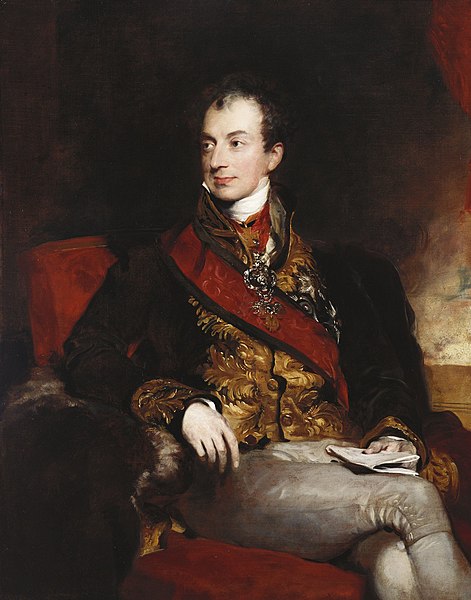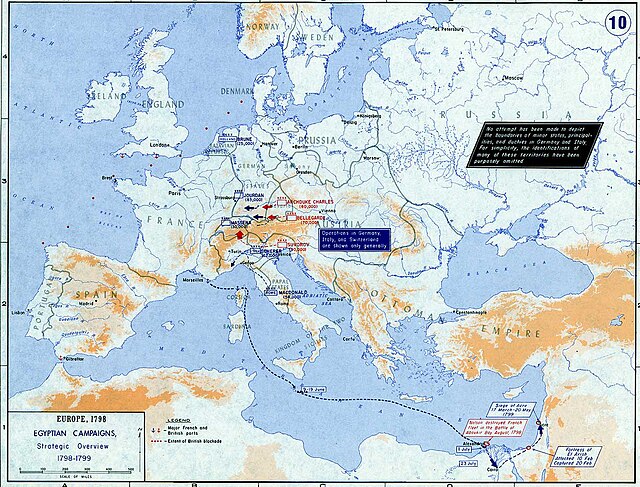The Napoleonic era is a period in the history of France and Europe. It is generally classified as including the fourth and final stage of the French Revolution, the first being the National Assembly, the second being the Legislative Assembly, and the third being the Directory. The Napoleonic era begins roughly with Napoleon Bonaparte's coup d'état, overthrowing the Directory, establishing the French Consulate, and ends during the Hundred Days and his defeat at the Battle of Waterloo. The Congress of Vienna soon set out to restore Europe to pre-French Revolution days. Napoleon brought political stability to a land torn by revolution and war. He made peace with the Roman Catholic Church and reversed the most radical religious policies of the Convention. In 1804 Napoleon promulgated the Civil Code, a revised body of civil law, which also helped stabilize French society. The Civil Code affirmed the political and legal equality of all adult men and established a merit-based society in which individuals advanced in education and employment because of talent rather than birth or social standing. The Civil Code confirmed many of the moderate revolutionary policies of the National Assembly but retracted measures passed by the more radical Convention. The code restored patriarchal authority in the family, for example, by making women and children subservient to male heads of households.

The Emperor Napoleon in His Study at the Tuileries by Jacques-Louis David
Strategic situation of Europe 1798
Strategic situation of Europe 1801
Strategic situation of Europe 1803
The Concert of Europe was a general agreement among the great powers of 19th-century Europe to maintain the European balance of power, political boundaries, and spheres of influence. Never a perfect unity and subject to disputes and jockeying for position and influence, the Concert was an extended period of relative peace and stability in Europe following the Wars of the French Revolution and the Napoleonic Wars which had consumed the continent since the 1790s. There is considerable scholarly dispute over the exact nature and duration of the Concert. Some scholars argue that it fell apart nearly as soon as it began in the 1820s when the great powers disagreed over the handling of liberal revolts in Italy, while others argue that it lasted until the outbreak of World War I and others for points in between. For those arguing for a longer duration, there is generally agreement that the period after the Revolutions of 1848 and the Crimean War (1853–1856) represented a different phase with different dynamics than the earlier period.

Prince Metternich, Austrian chancellor and foreign minister, as well as an influential leader in the Concert of Europe





